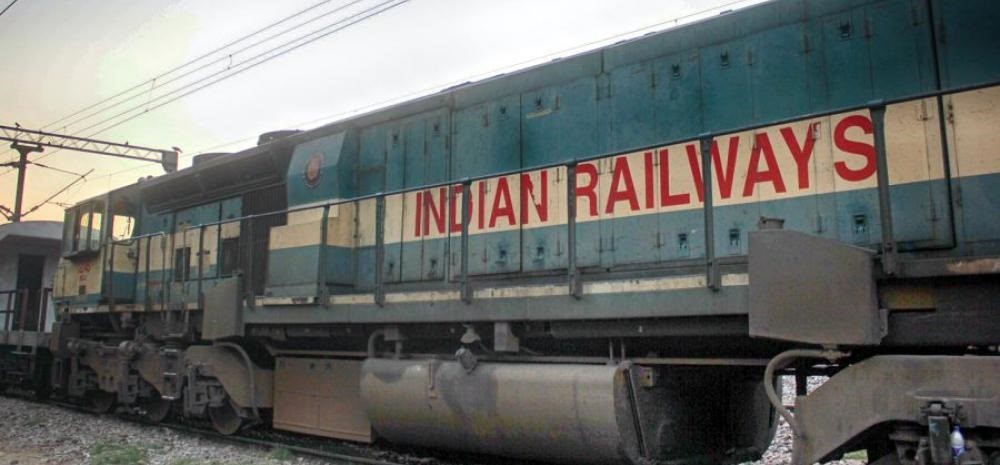In spite of having been the subject of debate over the last two decades, privatization of Indian Railways continues to hound the think-tank with no sign of receding into the background.
While it is true that Indian Railways deserves the credit for serving the largest democracy in the world, it has also been at the receiving end of some scathing criticism, particularly in case of aspects like service, catering and punctuality. Recent mishaps have further deepened the skepticism of critics that this government-operated enterprise could ever be improved within the existing framework.
It was some time during the last decade of the 20 th century that privatization was projected as a possible solution to cleanse the Indian Railways of its evils. However, all that it succeeded in doing was to trigger a nation-wide debate as to whether privatizing would indeed be the right step. To this effect, one of the best ways of judging the veracity of an idea is to weigh its pros and cons and this topic is no exception to the rule.
With the intention of enabling you to make an unbiased judgment, listed as follows are the pros and cons pertaining to the privatization of Indian Railways –
Pros -
Improved Infrastructure -
A strong argument in favour of privatization is that it will lead to better infrastructure which in turn would lead to improved amenities for travelers. As opposed to mismanagement in form of stinking washrooms, lack of water supply and dirty platforms, it is expected that a private company will ensure better amenities.
Balancing Quality of Service with High Fares –
Probably the most persistent complaint regarding Indian Railways is that the quality of services provided hardly matches up to the phenomenal charges paid by the travelers. Protagonists of privatisation feel that this problem will be solved when private players are allowed to enter the sector since the move would foster competition and hence lead to overall betterment in the quality of services.
Lesser Accidents –
Any train-related mishap is like a nightmare come true for travelers and authorities alike courtesy of the physical, mental and financial trauma that ensues. Because private ownership is synonymous with better maintenance, supporters of privatisation feel that it will reduce the number of accidents, thus resulting in safe travel and higher monetary savings in the long run.
Cons –
Coverage Limited to Lucrative Sectors –
An advantage of Indian Railways being government- owned is that it provides nation-wide connectivity irrespective of profit. This would not be possible with privatisation since routes which are less popular will be eliminated, thus having a negative impact on connectivity. It will also render some parts of the country virtually inaccessible and omit them from the process of development.
Fares –
Given that a private enterprise runs on profit, it is but natural to assume that the easiest way of accruing profits in Indian Railways would be to hike fares, thus rendering the service out of reach for lower income groups. This will defeat the entire purpose of the system which is meant to serve the entire population of the country irrespective of the level of income.
Accountability –
The recent spat in the Tata boardroom is testimony to the fact that private companies are unpredictable in their dealings and do not share their governance secrets with the world at large. In such a scenario it would be difficult to pin the accountability on a particular entity, should there be a discrepancy.
Final Word
Survey of American aviation sector has indeed proved that privatisation may not be the answer to solve problems plaguing the Indian Railways. May be the need of the hour is to find a balanced solution that would incorporate the pros of both private and government enterprises and enhance the image of Indian Railways as it continues to serve the world’s largest democracy.
